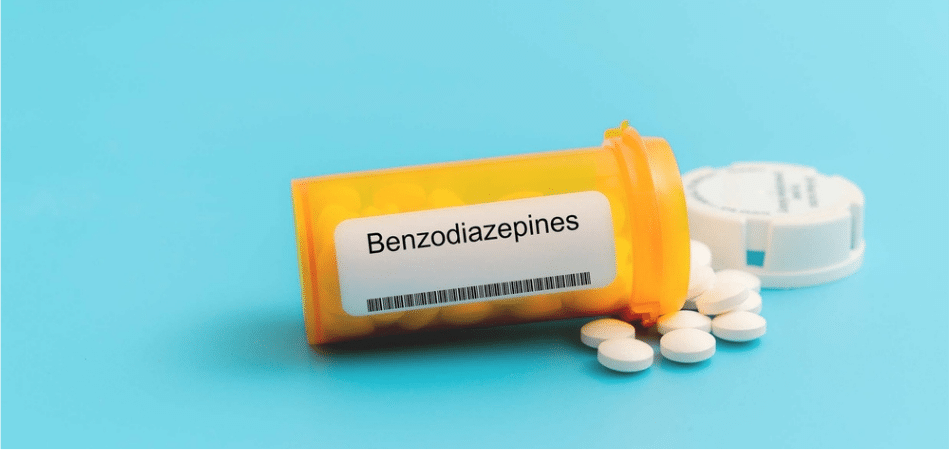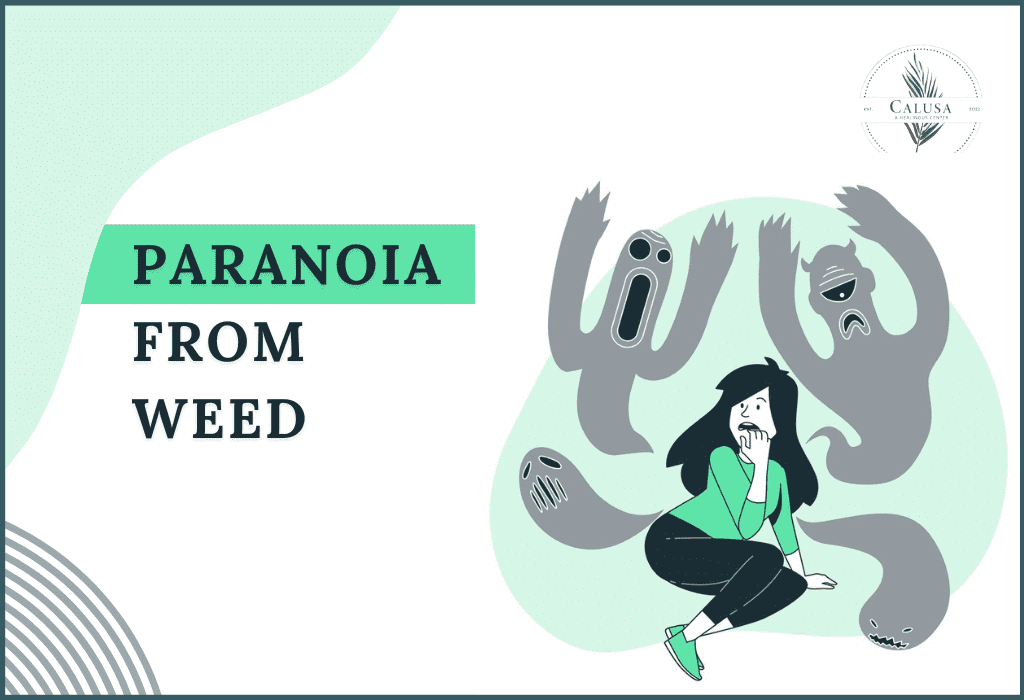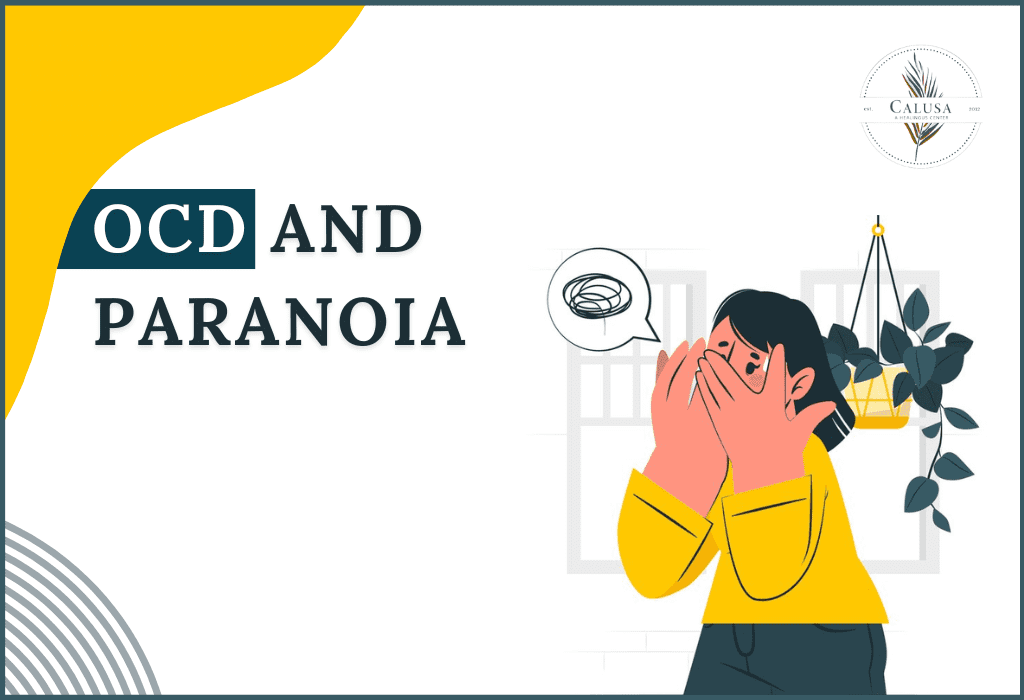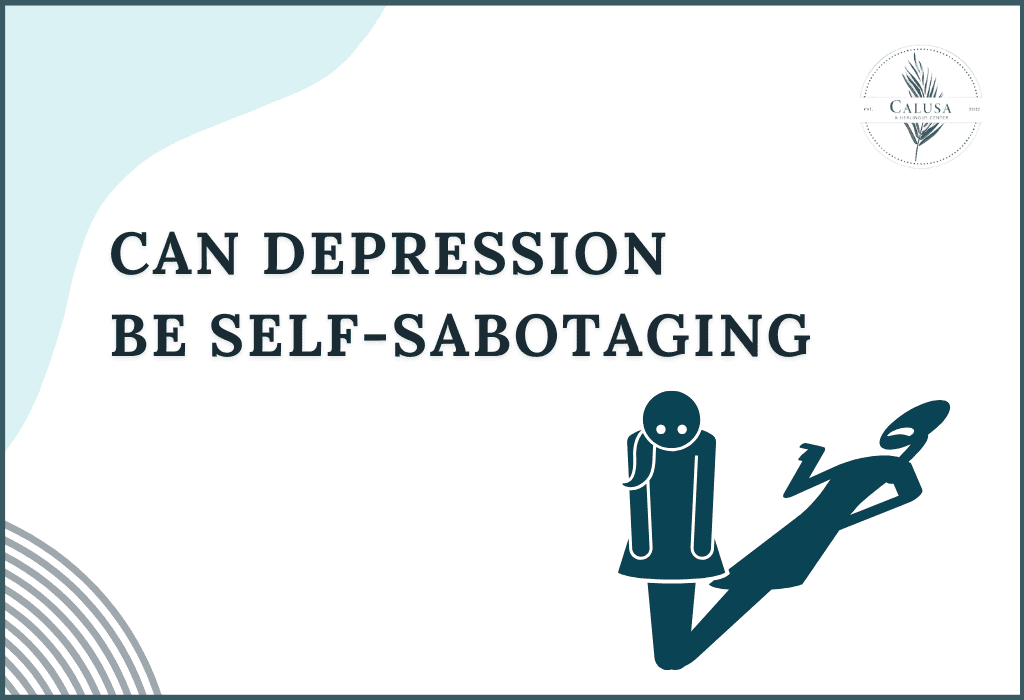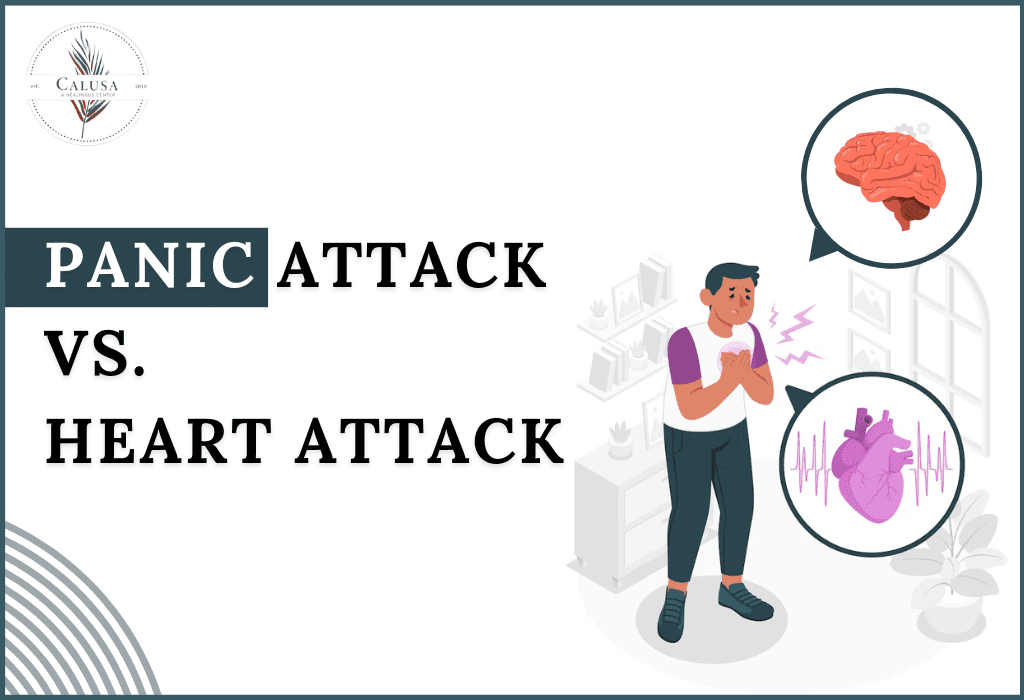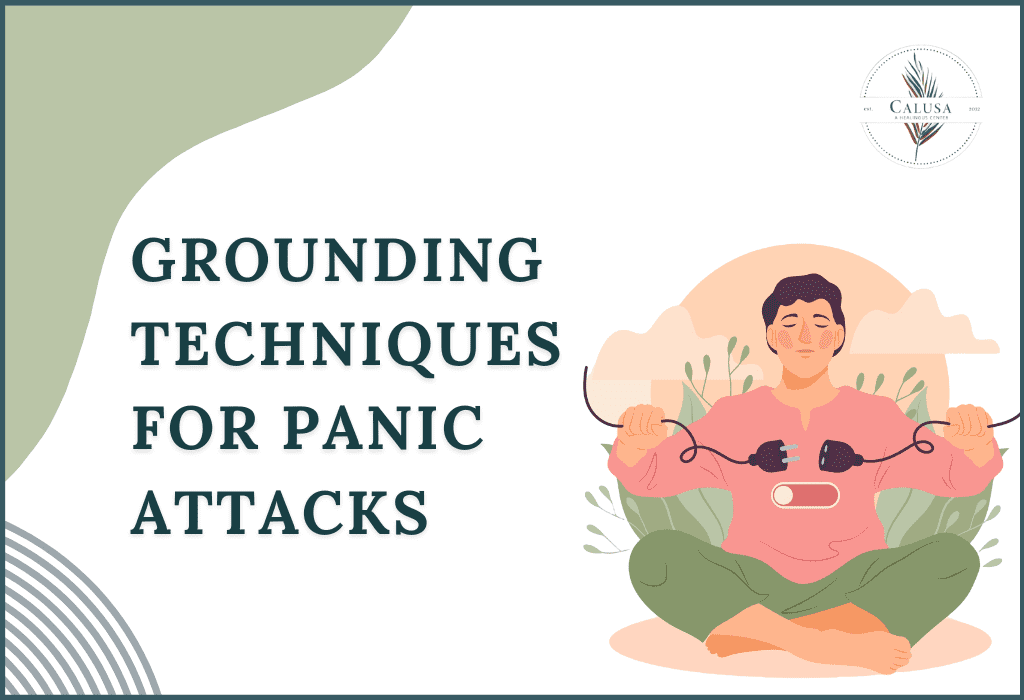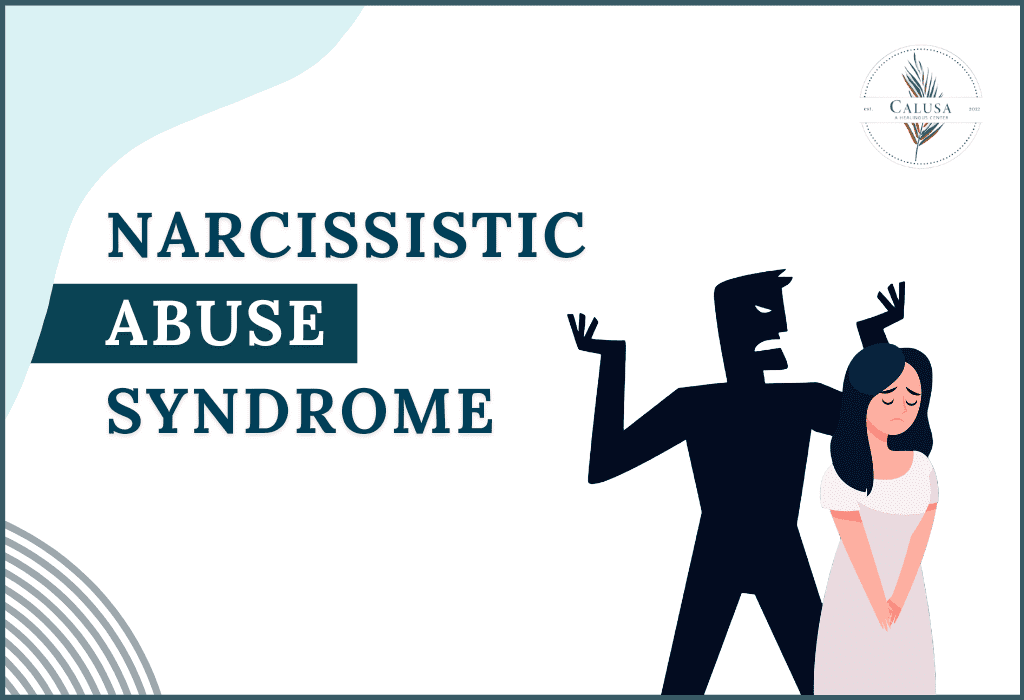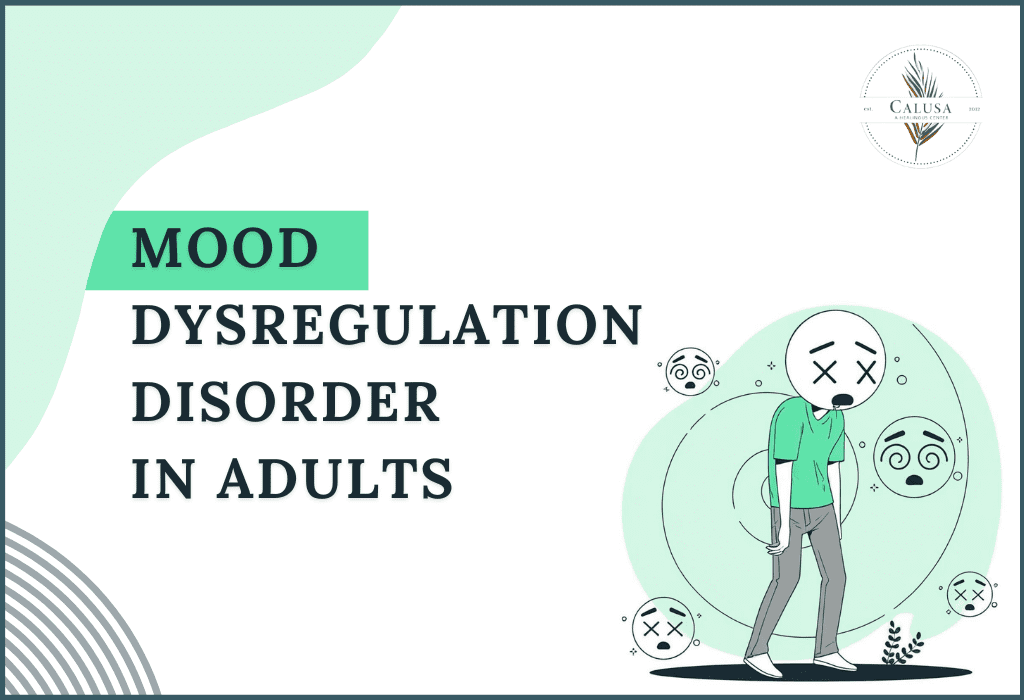Nobody starts taking Benzodiazepines, commonly known as benzos, to become addicted. Benzos, initially prescribed to treat anxiety, insomnia, seizures, and muscle spasms, provide a sense of calm and relaxation but gradually lead to dependency, especially when taken in higher doses. The problem with this drug is that it works too effectively, which leads to extreme addiction. Get to know about Benzo Withdrawal Symptoms in this detailed articel.
According to the National Library of Medicine, in 2020, approximately 4.8 million people aged more than 12 years misused benzodiazepines as a drug. Out of this number, over 3.4 million misused alprazolam products like Xanax, 723,000 misused Ativan, and 971,000 misused Valium. 16% of overdose deaths also had benzodiazepines involved.
Even though this medicine works exceptionally well for patients, here’s the catch:
Are they always safe?
How long do benzos stay in your system?
The answer isn’t the same for every individual. Overcoming Benzo addiction can be challenging, but with the right precautions and resources, recovery is achievable. Outpatient treatment and many other options are the preferred choices for recovery.
If you’re concerned about benzos addiction treatment and how to get off it, the side effects, withdrawal processes, and other potential risks, this article is a must-read. It also discusses that prolonged use can lead to dependence and extreme addiction.
What are benzodiazepines and their common uses?
Benzodiazepines, commonly known as Benzos, are a class of psychoactive drugs that are prescribed to treat a variety of conditions. They work by enhancing the effects of a neurotransmitter called gamma-aminobutyric acid (GABA) in the brain, resulting in a calming effect. Due to their sedative properties, benzodiazepines are commonly prescribed for conditions such as anxiety, insomnia, muscle spasms, seizures, and even alcohol withdrawal.
They are available in different forms, including tablets, capsules, and injectables, and can be prescribed for short-term or long-term use, depending on the condition being treated. Some of the most commonly prescribed benzodiazepines include diazepam (Valium), alprazolam (Xanax), clonazepam (Klonopin), lorazepam (Ativan), and temazepam (Restoril). However, despite their effectiveness, long-term use or high dosages can lead to dependence and withdrawal symptoms when discontinuing the medication.
How Benzodiazepines Work?
Benzodiazepines increase GABA (gamma-aminobutyric acid ) in the brain, which produces an effect in the body that leads to relaxation, and calmness.
This drug is typically prescribed for varied periods depending on the patient’s needs.
- Short Term Prescription:
Benzodiazepines are used for a short period to cure severe anxiety, panic attacks, or insomnia.
- Long Term Prescription:
Sometimes, doctors prescribe long-term doses to patients for conditions like epilepsy when nothing else works. However, they prescribe it in extreme situations yet keep a close eye because using it for a long time can be addictive and cause problems.
Wondering how a medicine can be too good at its job yet end up making things worse? Benzos give your brain an instant rush of dopamine, which is like a natural happiness boost. Who doesn’t want to feel relaxed and happy, right? So, taking them can quickly lead to using them too much and getting habitual.
Common symptoms of benzo withdrawal
Benzo withdrawal can manifest in a wide range of symptoms, both physical and psychological. The intensity and duration of these symptoms can vary from person to person. Common physical symptoms include anxiety, insomnia, tremors, sweating, muscle cramps, headaches, and gastrointestinal disturbances such as nausea and diarrhea. Psychological symptoms may include irritability, restlessness, mood swings, depression, difficulty concentrating, and even hallucinations in severe cases.
It’s important to note that the severity of withdrawal symptoms can be influenced by factors such as the specific benzodiazepine used, the dosage, the duration of use, and the individual’s overall physical and mental health. In some cases, individuals may experience rebound symptoms, where the original symptoms being treated with benzodiazepines return but in a more intense form. These rebound symptoms can further complicate the withdrawal process and make it more challenging to manage.
What is benzo withdrawal and why does it happen?
Benzo withdrawal refers to the range of physical and psychological symptoms that occur when someone stops or significantly reduces their benzodiazepine dosage after a period of prolonged use. These symptoms can vary in intensity and duration depending on factors such as the specific benzodiazepine used, the dosage, and the duration of use.
The primary reason benzo withdrawal occurs is due to the development of tolerance and physical dependence. Tolerance occurs when the body becomes accustomed to the presence of the benzodiazepine, requiring higher doses to achieve the same effect. Physical dependence, on the other hand, is characterized by the body’s reliance on the drug to function normally. When the medication is suddenly stopped or significantly reduced, the body struggles to adjust to the absence of the drug, resulting in withdrawal symptoms.
Causes and risk factors for Benzo withdrawal
As mentioned earlier, the primary cause of benzo withdrawal is the development of tolerance and physical dependence. Prolonged or high-dosage use of benzodiazepines can lead to these conditions. However, there are additional risk factors that can increase the likelihood and severity of withdrawal symptoms.
One such risk factor is the duration of benzodiazepine use. The longer someone has been taking these medications, the more likely they are to experience withdrawal symptoms when discontinuing them. Additionally, higher doses and rapid dosage reductions can increase the intensity of withdrawal symptoms. Other risk factors include a history of substance abuse or addiction, underlying mental health conditions, and individual sensitivity to withdrawal effects.
It’s essential to recognize these risk factors and work closely with a healthcare professional to develop an appropriate and individualized treatment plan for Benzo’s withdrawal.
How Long Are Benzos in Your System?
Benzodiazepines stay in the body for varied periods and can be detected through various types of drug testing like blood tests, urine tests, and other medical detox.
- Urine Test- In urine tests, Halcion can be detected for about 24 hours. Xanax, Klonopin, Ativan, and Restoril may show up in urine 1-5 days after you take them. The most powerpack dose of benzodiazepine, Valiumf, in urine stays for 5-8 days after use. In rare cases, they could still be detected up to 30 days after the last use.
- Blood: Benzos are detectable in blood for 12-24 hours after use.
- Hair: In hair follicles, Benzos can be found for a long period, like 4-6 months.
The Process of benzo withdrawal and its stages
The process of benzo withdrawal can be challenging and should always be done under the guidance of a healthcare professional. It is generally recommended to taper off benzodiazepines gradually to minimize the intensity of withdrawal symptoms. Abruptly stopping the medication can lead to severe withdrawal symptoms and even life-threatening complications such as seizures.
The withdrawal process typically consists of several stages, each with its own set of symptoms and challenges.
The initial stage, known as the acute withdrawal phase, usually begins within a few days after the last dose of benzodiazepine and can last for several weeks. During this stage, individuals may experience intense physical and psychological symptoms, including anxiety, insomnia, tremors, and mood swings.
As the acute withdrawal phase subsides, individuals may enter the protracted withdrawal phase, which can last for months or even years. During this stage, symptoms may be less severe but can persist for an extended period. Common symptoms during the protracted withdrawal phase include anxiety, depression, sleep disturbances, and difficulty concentrating.
It’s important to note that the duration and severity of withdrawal symptoms can vary widely between individuals. Factors such as the specific benzodiazepine used, the dosage, the duration of use, and individual differences can all influence the length and intensity of the withdrawal process.
Factors Affecting How Long Are Benzos in Your System
Several factors can affect how long benzodiazepines stay in your body. These factors include:
- The specific type of benzodiazepine you take.
- How fast your body processes the drug (your metabolism).
- The amount of the drug you take, how you take it, how often, and for how long.
- Your BMI rate.
- Your characteristics like habits, diet, weight, age, gender, and how much fluid you take.
- Your body tolerance rate.
Benzodiazepine Withdrawal
Withdrawal from Benzodiazepines is tough, both physically and emotionally. An abrupt discontinuation of this drug, known as “cold turkey,” can be life-threatening. People who have been using these drugs for an extended period tend to face the most severe withdrawal symptoms.
According to the University of Colorado Anschutz Medical Campus. Benzos discontinuation is linked with nervous system injury. Additionally, 54.4% of patients who discontinued taking Benzo reported suicidal attempts.
When you discontinue benzodiazepines, you have rebound symptoms that stay with you. These symptoms include insomnia, stress, anxiety, panic attacks, heavy sweating, fast heartbeat, headaches, drug cravings, and more.
However, in severe addiction cases, symptoms like hallucinations, acting strangely, and even suicidal thoughts are experienced by the patient.
Do Benzos Cause Constipation?
One of the common side effects of benzodiazepine (Benzo) withdrawal is “benzo belly.” During withdrawal, it can affect your digestive system, causing discomfort, pain, and distress. Benzo belly is a type of stomach problem when withdrawing from benzos. The problems can vary and may include mild to severe symptoms.
- Feeling nauseous
- Having loose and frequent bowel movements
- Feeling pain in your belly
- Swelling in your stomach
- Trouble digesting food
- Having a hard time going to the bathroom
- Loss of appetite
- Losing weight
These symptoms show the chances of having constipation. If the patient’s condition doesn’t get better, seek medical help.
Benzo Addiction Treatment
Because addiction is different in each individual, there are many treatment options available. What works best depends on the specific drug the patient is taking, how long and how much it was used, and the person’s health background.
Some of these include the following.
- Medical Detox: The first step is often a medically supervised detox, gradually cold turkey the benzodiazepine dose to reduce withdrawal symptoms. The first thing done in medical detoxification is taking the drug out of the patient’s body. This is called detox, and it needs to be done carefully because it can have harmful effects if not done right. Detoxification is done in hospitals, specialized inpatient detoxification units, or outpatient detoxification units with close medical supervision
- Behavioral Therapy: Cognitive-behavioral therapy (CBT) and contingency management help to address the underlying causes of their addiction and develop coping strategies.
- Medications: In some cases, a doctor simply prescribes medications to manage withdrawal symptoms or address unwanted mental health conditions.
- Support Groups: Participation in support groups like Narcotics Anonymous (NA) or Benzodiazepine Anonymous (BA) can provide valuable peer support and accountability.
- Counseling: Individual and family counseling can help survivors and their loved ones understand and manage the addiction. Talking to people and sharing thoughts relaxes minds that work as an alternative to that medicine.
- Lifestyle Changes: Some medical professionals even suggest that a healthy change in the patient’s lifestyle by regular exercise, good nutrition, and stress management can be beneficial.
Medications used to manage Benzo withdrawal symptoms
In some cases, healthcare professionals may prescribe medications to manage specific withdrawal symptoms or prevent complications. However, it’s important to note that medication should always be used cautiously and under the guidance of a healthcare professional.
Certain medications, such as anticonvulsants or antiepileptic drugs, may be prescribed to help manage withdrawal-related seizures. These medications can help stabilize the brain’s electrical activity and reduce the risk of seizures during the withdrawal process. Other medications, such as certain antidepressants or sleep aids, may be used to manage symptoms of anxiety, depression, or insomnia that often accompany benzo withdrawal. However, the use of medications should be individualized, and potential risks and benefits should be carefully considered.
Natural remedies and lifestyle changes to support benzo withdrawal
In addition to medical interventions, there are also natural remedies and lifestyle changes that can support individuals going through benzo withdrawal. These approaches can help alleviate symptoms and promote overall well-being during the recovery process.
Regular exercise, such as walking, jogging, or yoga, can help reduce anxiety and improve sleep quality. Engaging in relaxation techniques, such as deep breathing exercises or meditation, can also help manage stress and promote a sense of calm. Eating a balanced diet, rich in nutrient-dense foods, can support overall physical and mental health. Avoiding caffeine, nicotine, and other stimulants can also help minimize withdrawal symptoms.
It’s important to note that natural remedies and lifestyle changes should complement medical treatment and should not replace professional guidance. Always consult with a healthcare professional before implementing any significant changes to your diet or lifestyle.
FAQs (Frequently Asked Questions)
1. What is the best treatment for Benzo addiction treatment?
There are many treatment options available for benzodiazepine addiction. It’s better to consult your doctor as they will suggest the effective treatment suited to your situation. However, medical detoxification has been proven effective.
2. How long does the treatment of Benzo’s addiction last?
Treatment length varies from person to person situation. It can be one month a year or more.
3. When should one not consume benzodiazepine?
If you have problems with your chest or lungs, weak muscles, drug or alcohol issues, or a personality disorder, your doctor will be cautious and be careful about giving you benzodiazepine medications.
4. Can you take benzodiazepines daily?
Benzodiazepines are good when taken for the shortest time. Using them regularly for a few weeks or more can make you addicted. Usually, doctors suggest taking them for only 2-4 weeks.
5. What are the symptoms experienced during benzo withdrawal?
You can experience acute withdrawal symptoms like higher anxiety, trouble sleeping, feeling low, and loss of memory. Other symptoms may include hallucinations, psychosis, and sleep troubles.
Conclusion
Recovery is possible. Sometimes, you might need more than one round of treatment to stay drug-free. That’s why it’s important to reach the best healthcare and get personalized treatment. Identifying benzodiazepine addiction can be a challenge in its early stages, particularly if the medication is prescribed, hence Calusa Recovery is constantly working towards the best experience for our clients by using a holistic approach, including advanced genetic testing, to determine the most effective medication for each client’s unique needs, based on their DNA and psychiatric diagnosis. We offer tailored programs and treatment solutions that are personalized according to the patient’s immediate requirements.
Reference
Benzo Recovery Tips
Benzodiazepine Withdrawal and Detox
Benzodiazepine Abuse Treatment
Benzodiazepine Addiction

